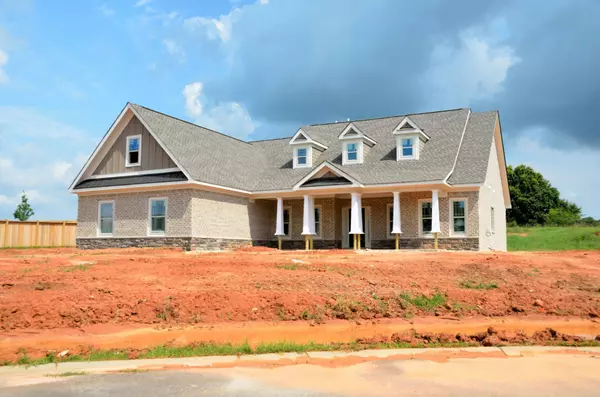Understanding Property Taxes in Austin: What You Need to Know

Property taxes are a critical factor to consider when buying a home in Austin. With the city’s rapid growth and rising property values, understanding how property taxes work can help you make informed decisions and budget effectively. In this post, we’ll break down the key aspects of property taxes in Austin, including how they’re calculated, what they fund, and tips to manage their impact on your finances.
What Are Property Taxes?
Property taxes are levies imposed by local governments to fund essential services such as schools, roads, public safety, and parks. Homeowners in Austin pay property taxes annually based on the assessed value of their property.
How Are Property Taxes Calculated in Austin?
Property taxes in Austin are calculated using the following formula:
Property Tax = Assessed Value of the Property × Tax Rate
- Assessed Value: The Travis Central Appraisal District (TCAD) determines the market value of your property annually.
- Tax Rate: Local taxing authorities, including the city, county, and school district, set their individual rates, which are combined into a total tax rate.
For example, if your home’s assessed value is $500,000 and the combined tax rate is 2.25%, your annual property tax would be:
$500,000 × 0.0225 = $11,250
💡 Pro Tip: Tax rates can vary depending on where you live in the Austin area, so it’s essential to research the rates in your desired neighborhood.
What Do Property Taxes Fund?
Property taxes support a wide range of community services, including:
- Education: A significant portion of property taxes goes to local school districts like Austin ISD or Eanes ISD.
- Infrastructure: Maintenance and development of roads, utilities, and public transportation.
- Public Safety: Police, fire departments, and emergency medical services.
- Parks and Recreation: Funding for parks, trails, and recreational programs.
Factors That Impact Property Taxes
Several factors influence the amount of property taxes you pay:
- Property Value Trends: Austin’s growing popularity often leads to higher assessed values.
- Local Tax Rates: Taxing authorities review and adjust rates annually.
- Exemptions: Certain exemptions, like homestead or veteran exemptions, can reduce your taxable value.
How to Lower Your Property Taxes
While you can’t avoid property taxes entirely, there are ways to manage their impact:
-
File for Exemptions:
Homeowners in Austin can apply for exemptions to reduce the taxable value of their property, including:- Homestead Exemption: Available for primary residences, reducing the taxable value by up to $40,000.
- Senior/Disability Exemptions: Additional reductions for those 65+ or with disabilities.
-
Appeal Your Property Assessment:
If you believe your assessed value is too high, you can file an appeal with the Travis Central Appraisal District. Provide evidence, such as comparable sales data, to support your case. -
Stay Informed About Local Tax Changes:
Keep an eye on proposed tax increases during local elections and participate in public discussions.
Planning for Property Taxes as a Homebuyer
When purchasing a home in Austin, factor property taxes into your budget. Here’s how:
- Ask for Tax Estimates: Your real estate agent or lender can provide an estimate of the property taxes for homes you’re considering.
- Set Up Escrow Payments: Most lenders include property taxes in your monthly mortgage payment, holding the funds in escrow until taxes are due.
- Evaluate the Impact of Exemptions: Consider whether exemptions apply to the property and how they will affect your tax bill.
Final Thoughts
Understanding property taxes is essential for making informed decisions as a homebuyer or homeowner in Austin. By knowing how they’re calculated, what they fund, and how to manage them effectively, you can avoid surprises and budget more confidently.
If you have questions about property taxes or need help navigating the Austin real estate market, reach out today! I’m here to provide expert guidance and ensure your home-buying journey is as seamless as possible.
Categories
Recent Posts











JW Roeder
